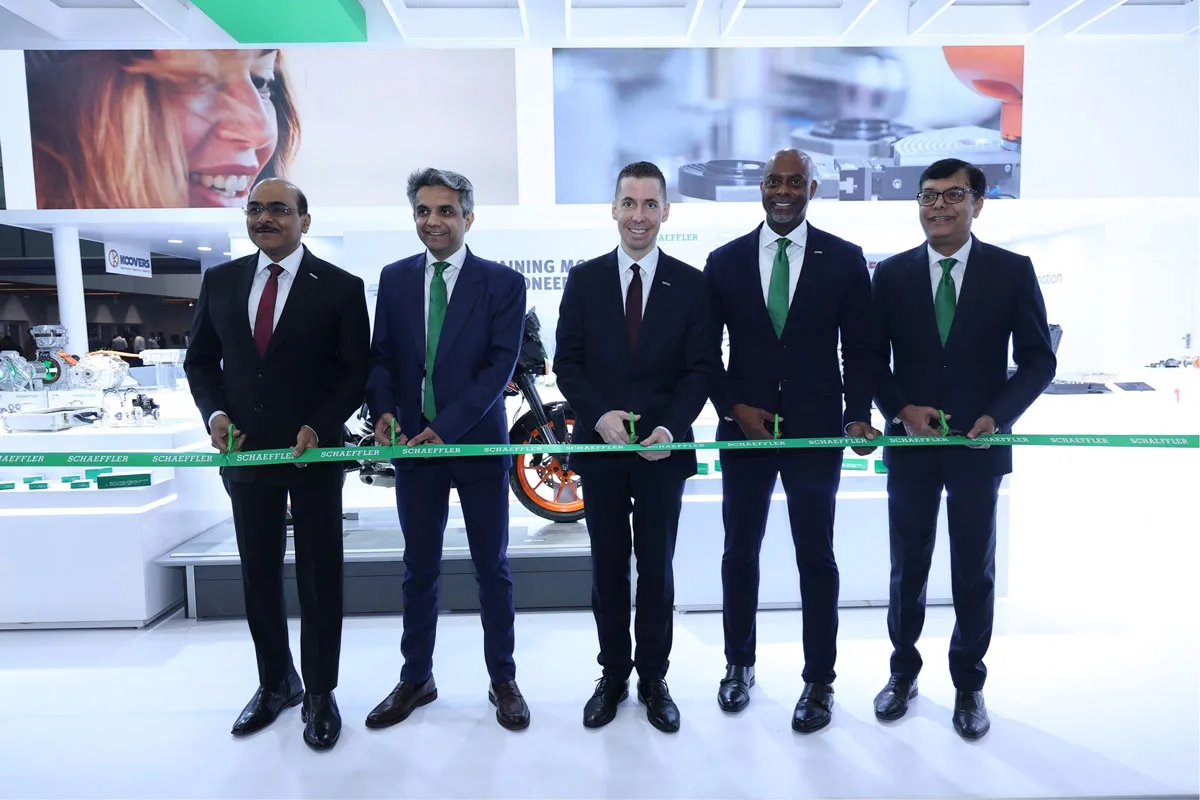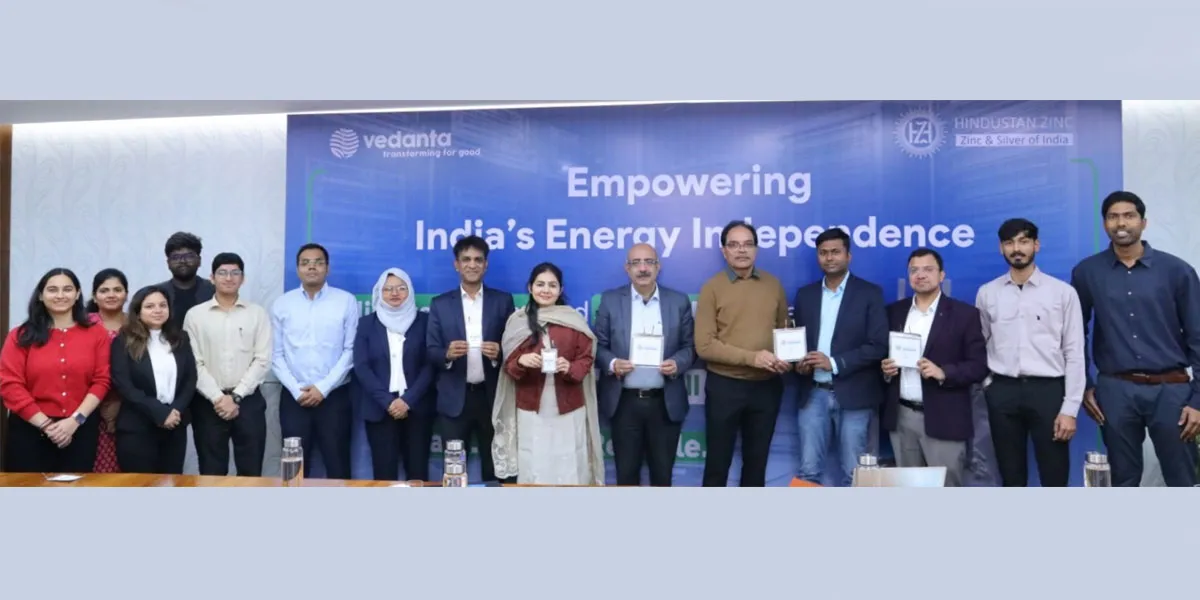
India’s potential to contribute $500 bn to global economy by 2030

Schaeffler Highlights Future-ready Aftermarket Solutions at ACMA 2026
Schaeffler India, a leading motion technology company, is participating in ACMA Automechanika 2026 in New Delhi, where it is showcasing a comprehensive and future-ready aftermarket portfolio designed to support the complete vehicle lifecycle. The company’s offerings cater to a wide spectrum of mobility segments, including two-wheelers, passenger vehicles with internal combustion engines (ICE), commercial vehicles, tractors, hybrids and electric vehicles (EVs).A key highlight of Schaeffler India’s presence at the event is the launch of a dedicated range of two-wheeler spare parts for the In..

Gateway Distriparks Reports Q3 FY26 Results, Declares Dividends
Gateway Distriparks (GDL), a leading multimodal logistics solutions provider in India, has announced its financial results for the quarter ended December 31, 2025 (Q3 FY26). The company also declared a second interim dividend of Rs 0.75 per share and a special interim dividend of Rs 1.25 per share for FY26.The special interim dividend is a one-time, non-recurring payout, announced to commemorate two key milestones: Gateway Distriparks achieving a net debt-free status for the first time since inception, and the completion of 30 years since the acquisition of land for its first facility at Nhava..

Hindustan Zinc, JNCASR Advance Zinc-Ion Batteries for Grid Storage
Hindustan Zinc, the world’s largest integrated zinc producer and among the top five silver producers globally, has partnered with the Jawaharlal Nehru Centre for Advanced Scientific Research (JNCASR) to advance zinc-ion battery technology for large-scale renewable energy storage. The collaboration has resulted in the development of stable and reliable zinc-ion battery pouch cell prototypes, marking a key milestone in India’s indigenous energy storage research.Zinc-ion batteries are gaining traction as a promising alternative for stationary energy storage, supported by zinc’s abundance, l..

















